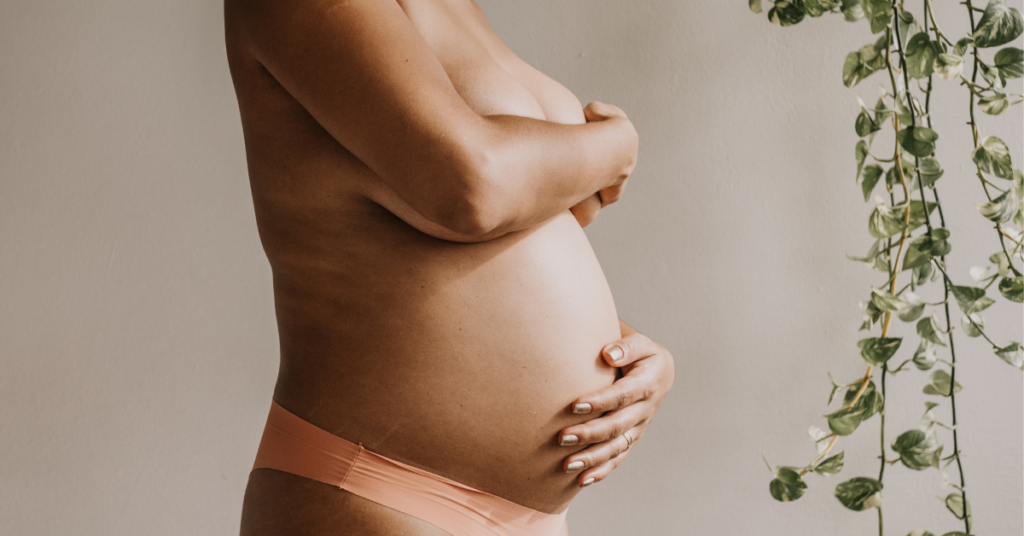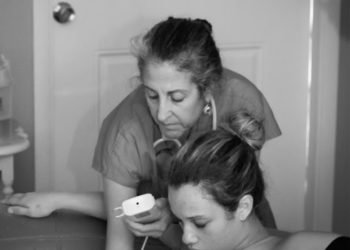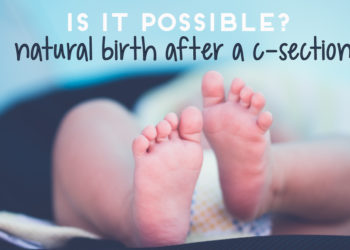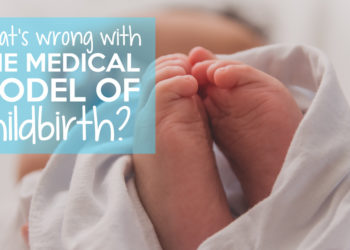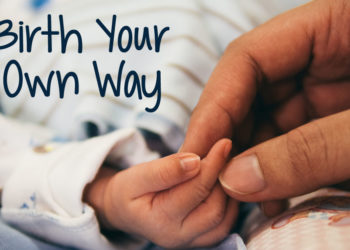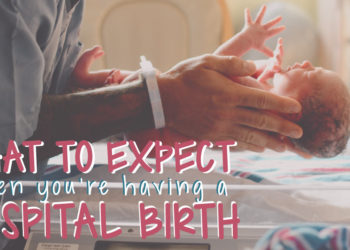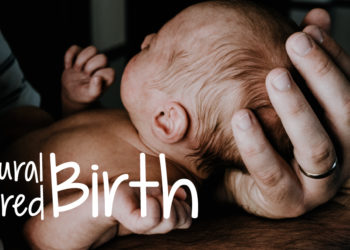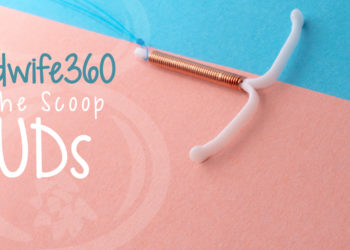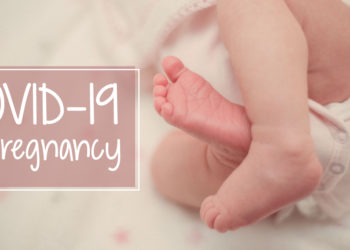Women go through a lot of changes after pregnancy. Some are physical, some are emotional and others cognitive. These changes can be attributed to the pregnancy itself or postpartum depression, which is very common for women in this time period. However, what if these symptoms are actually signs of something more serious like Postpartum Thyroiditis?
Postpartum Thyroiditis is a condition that primarily affects women and it has many symptoms that overlap with pregnancy-related issues such as fatigue, weight loss struggles, hair loss, anxiety, and trouble sleeping. This article will explore all you need to know when you’re expecting.
Know the Symptoms of Postpartum Thyroiditis
It is extremely common for women, especially new mothers, to experience postpartum depression following the birth of their baby. Some of the symptoms are mood swings, withdrawal, loss of appetite, insomnia, and fatigue. Oftentimes, mothers feel extremely depressed as a result of the excess weight they may have gained during their pregnancy.
On the other hand, these symptoms are very similar to what one may feel if one is experiencing postpartum thyroiditis. Some of the common symptoms of both postpartum depression and signs of postpartum thyroiditis are; weight gain, depression, lethargy, muscle weakness, and trouble sleeping. Although it is uncommon for many women to develop postpartum thyroiditis, it can happen and be missed. Due to the similarities in symptoms, many women can have the misconception that they are only experiencing postpartum depression when something much more severe is occurring.
Can It be Detected
Postpartum thyroiditis is a condition that impacts postpartum women. This can occur after the birth of your child and most commonly arises in the first trimester or early second trimester. If you test positive with this antibody during early pregnancy, there is a 40% to 60% higher risk of developing postpartum thyroiditis. Thus, more reason to get checked by your healthcare provider early on.
Types of Postpartum Thyroiditis
It is important for mothers to be aware that they may be experiencing one of the two types of thyroiditis. These being:
- Hyperthyroidism
- Hypothyroidism
Knowing and being aware of symptoms of both types is important to be aware of during your term. Although it is easy to miss diagnose these symptoms as something less severe, it is important to report all of them to your healthcare provider.
Hyperthyroidism
This type of postpartum thyroiditis refers to an overactive thyroid. This means the thyroid gland is producing too much thyroid hormone. Thus, causing the body’s metabolism to speed up, in turn, speeding up other parts of the body.
The symptoms of hyperthyroidism include:
- Nervousness/ anxiety
- Spead up heartbeat/ palpitations
- Weight loss
- excessive sweating/ heat flashes
- Increased appetite
- Insomnia
- Fatigue
- Frequent or loose stools
Hypothyroidism
Exactly opposite of hyperthyroidism, hypothyroidism is when the gland is deficient in thyroid hormones. When an expecting mother has this type of postpartum thyroiditis, the body functions a lot slower.
The symptoms of hypothyroidism include:
- Depression
- Extreme fatigue
- Decreased milk volume
- Muscle weakness
- Constimaption
- Dry or brittle hair/ nails
- Hair loss
- High cholesterol
- Always cold
- Weight gain
When mothers experience either type of postpartum thyroiditis it can feel as if they aren’t able to fully enjoy their new baby. The symptoms are hard to overcome making everything feel stagnant.
Prevention
One form of therapy that has worked to help prevent postpartum thyroiditis in women who have high antibodies during pregnancy is giving selenium. Selenium is an essential trace mineral that helps to support many bodily processes. When taken during pregnancy, selenium acts as an anti-inflammatory, helping to reduce the chances of developing postpartum thyroiditis.
Other helpful prevention ideas can include changing your diet to a more anti-inflammatory diet. Reducing or stopping gluten intake can help reduce inflammation. Choosing BPA-free, phthalate-free, and paraben-free also helps avoid toxins that can be a factor in causing thyroid issues.
More Questions?
If you are looking for more information about thyroid issues and the threats of postpartum thyroiditis, talk to your healthcare provider or give us a call at Midwife360. We are a holistic evidence-based practice for women’s care, family planning, pregnancy care, and birthing throughout South Florida. Our practice is designed to meet the individual needs of each woman and family we care for. We believe women should be informed and educated about their healthcare options and empowered to make their own choices.

